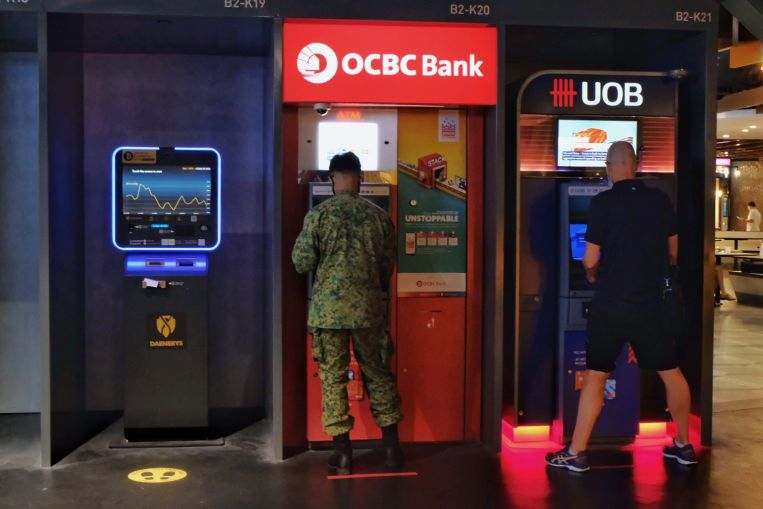SINGAPORE – Local lenders OCBC and UOB expect sustained growth momentum next year in their key markets despite headwinds such as supply chain disruptions and Covid-19 infections posing risks to economic recovery.
Ms Helen Wong, chief executive of Singapore’s second-largest lender OCBC, said gross domestic product (GDP) in Asean countries and China is largely expected to outdo the world average next year, and trade in the region has also rebounded strongly.
“Asia is trading more than other parts of the world. Vaccination plays an important part. We have seen the Covid-19 situation in Malaysia and Indonesia improving as vaccination rates grow,” said Ms Wong.
She expects GDP growth of 3 to 6 per cent next year for the bank’s key markets of Singapore, Malaysia, Indonesia and Greater China.
“We remain watchful of some near-term headwinds, concerns of a power crunch, especially in China, rising energy prices globally and limited industrial output in the short term,” she said.
Ongoing supply chain disruptions and a shortage of key manufacturing components also pose threats to growth, she added.
Likewise, UOB chief executive Wee Ee Cheong said the bank continues to be optimistic about Asean’s long-term potential: “Although the outlook will be affected by China’s slowing economy, we are positive that gradual reopening of borders will improve business flows.”
UOB chief financial officer Lee Wai Fai said the economic environment will likely continue to improve as the world finds better ways to deal with the pandemic.
“Vaccination rates have improved tremendously and death rates are now under control. However, the path to recovery will differ in the short term, with Asean expected to live with the Covid-19 situation a bit longer.”
The banks’ chiefs were speaking to reporters after the lenders posted their third-quarter earnings on Wednesday (Nov 3). OCBC’s net profit rose 19 per cent year-on-year to $1.22 billion, while UOB’s jumped 57 per cent to $1.05 billion.
OCBC’s loans under moratorium in Malaysia rose from $1.5 billion in June to $4 billion as at September, making up nearly a fifth of the country’s loans. The Malaysian government in June announced a blanket six-month moratorium until early 2022.
Ms Wong said: “Nonetheless, we are comfortable that we have set aside sufficient provisions, including management overlays, to buffer for any unanticipated stress in our book.”
UOB’s Mr Lee said the bank expects an increase in non-performing loans among consumers and small and medium-sized enterprises in Malaysia.
“But the impact will not be as big because we are actually very focused on the consumer segment at the high end. Even if they are under the relief programme because the government specifies it, the underlying quality is actually still very strong.”
Singapore’s largest lender DBS will report its earnings on Friday.













































